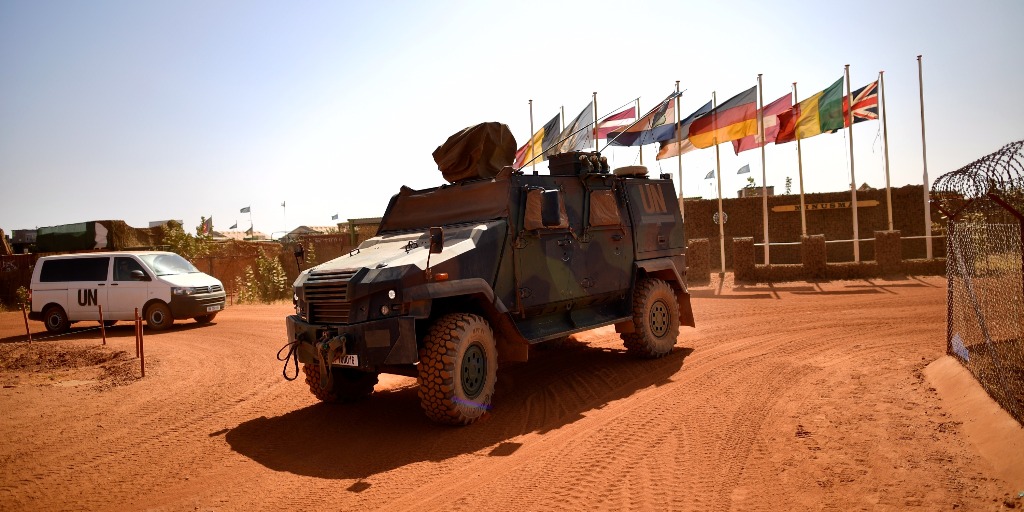
How Safe Would We Be Without Section 702?
SUBSCRIBER+EXCLUSIVE INTERVIEW — A provision of the Foreign Intelligence Surveillance Act that has generated controversy around fears of the potential for abuse has proven to be crucial […] More

“The Cipher Brief has become the most popular outlet for former intelligence officers; no media outlet is even a close second to The Cipher Brief in terms of the number of articles published by formers.” —Sept. 2018, Studies in Intelligence, Vol. 62
Access all of The Cipher Brief’s national security-focused expert insight by becoming a Cipher Brief Subscriber+ Member.
Related Articles

SUBSCRIBER+EXCLUSIVE INTERVIEW — A provision of the Foreign Intelligence Surveillance Act that has generated controversy around fears of the potential for abuse has proven to be crucial […] More

In the Biden Administration’s highest-level face-to-face visit, Secretary of State Antony Blinken is traveling to the Middle East to seize momentum created by last week’s […] More

In the midst of World War II, facing multiple threats in a complicated series of engagements around the world, the US and the UK entered […] More

Cipher Brief Expert Tim Willasey-Wilsey served for over 27 years in the British Foreign and Commonwealth Office where his focus was on South Asia and […] More

As Bitcoin and other cryptocurrencies rise to record levels ahead of the direct offering of crypto exchange Coinbase, former Acting CIA Director Michael Morell is […] More

EXPERT ANALYSIS — At a time when western officials are focusing their attention toward national security threats posed by China, the war in Yemen is […] More
Search